Log in or create new account to save this product to your wishlist.
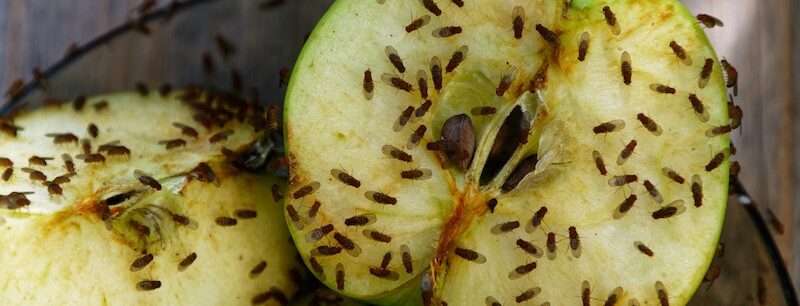
Fruit Fly Traps: The Ultimate Guide
Fruit flies seem to come from nowhere. And once they've settled, they're tricky to get rid of. Find out how to get rid of fruit flies (and how to prevent their return!).
🌱 All important maintenance moments for your lawn during the year. Leave your email and we will send you the lawn calendar for free.
Enter your email
Receive the lawn calendar in the mail
Enjoy a green lawn all year round!
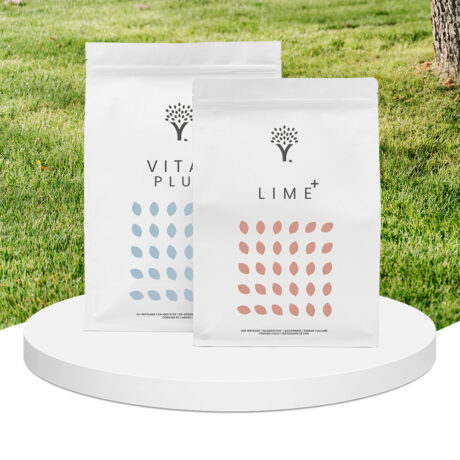
- Order by 2PM = shipped today
- 250.000+ satisfied customers!
- 60 day satisfaction guarantee
Fruit flies are undoubtedly one of the most troublesome creatures. They swarm around the kitchen, laying their eggs and multiplying rapidly. They might appear harmless at first glance, but they quickly become a real nuisance — so fruit fly traps are the order of the day.
- Where do fruit flies come from?
- Getting rid of fruit flies
- Types of fruit fly traps
- How to prevent fruit flies
- Natural fruit fly repellants
- FAQs
Luckily, there are several naturally effective ways of ridding your home of fruit flies. And best of all, they don’t require chemicals or pesticides.
This article shares simple preventative measures, tips, and tricks to get rid of fruit flies quickly and permanently.
Ready? Let’s get started.
Where do fruit flies come from?
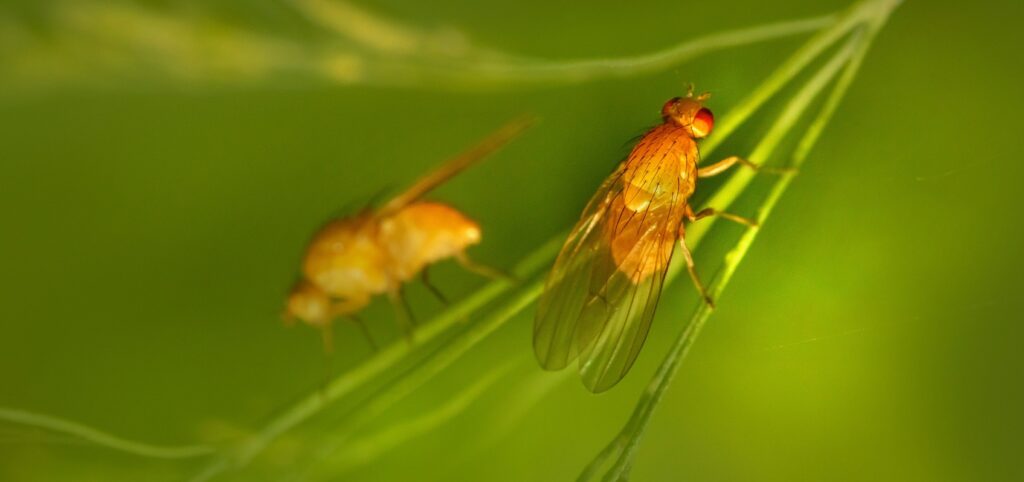
It’s a good question because they seem just to appear. Indeed, they can appear out of nowhere, attracted by the sweet, rotten scent of fermenting fruit and vegetables. This is why you’ll see them buzzing around the fruit bowl or your worktop compost bin.
Fruit flies have a very brief life cycle, but they reproduce rapidly. Females lay as many as 500 eggs at a time — then, the larvae hatch and feed on fermenting fruit and veg, turning into adult fruit flies within a few days.
And the cycle starts all over again. Meaning that you have a proper infestation in less than a week.
You can also unknowingly bring fruit flies into your home from supermarket fruit and veg, so it’s worth washing your produce thoroughly before adding it to your fruit bowl.
Getting rid of fruit flies

Firstly, eliminate the food source that’s attracting the flies. Ensure your kitchen is clean and free of uncovered leftovers and food spills.
Yes, even spilt juice can attract these tiny critters, so good kitchen hygiene is a must.
And store all fruit and veg in the fridge or airtight containers.
Types of fruit fly traps
Fruit fly traps are generally safe to use in the kitchen and are easy to set up. Whether shop-bought or homemade, fruit fly traps are very effective and usually solve problems within a few days.
These are the most commonly-used traps:
Yellow sticker fruit fly traps
Also known as “Fly tape”, these fruit fly traps are cheap and easy to use. Hang your fly tape from the ceiling or a picture hook — the fruit fly population will be attracted to the bright yellow colour and the smell of the glue, contributing significantly to their rather sticky end.
The flies fly into the tape and get stuck to the glue, which ends their short lives.
Fruit fly tape is suitable for both indoor and outdoor use and safe to use around children and pets.
However, avoid touching the glue with your fingers — it’s difficult to remove without a fair amount of scrubbing.
Fruit fly vinegar trap
Fill a Mason jar with a little apple cider vinegar and a small piece of fruit, and the flies will have a party to end all parties.
Pour the vinegar and fruit into the jar, then seal it with clingfilm. Poke a few small holes into the clingfilm to let the fruit flies into the pot (but to stop them from getting out).
The flies will crawl through the holes towards the irresistible fermentation aroma, but they won’t be able to get out. Eventually, they’ll drown as their strength wanes after repeated escape attempts.
Paper cone trap

This simple and effective fruit fly trap is easy to make and requires minimal household items.
Roll a sheet of paper into a cone, and secure it with sticky tape. Fill the peak of the cone with a sweet liquid, such as honey or golden syrup, and turn it upside down.
Place the upside-down cone where the fruit flies congregate, and they’ll be attracted to the sweet aroma. Then, they crawl underneath the cone and up to the top, sticking to the syrup and preventing their escape.
Highly effective, environmentally friendly, and inexpensive. What more could you want?
Electric fruit fly trap
We’ve all seen them in commercial kitchens and cafes. Electric fly traps use UV light to attract flies of all types, killing them as they make contact with the electric grid in front of the light.
Perfect for use in the garden and the kitchen, an electric fly trap will eliminate mosquitos, midges, and other unwanted insect pests.
Safe for use around kids and pets, but do keep it out of their reach as they can get little electric shocks if they touch the grid.
How to prevent fruit flies
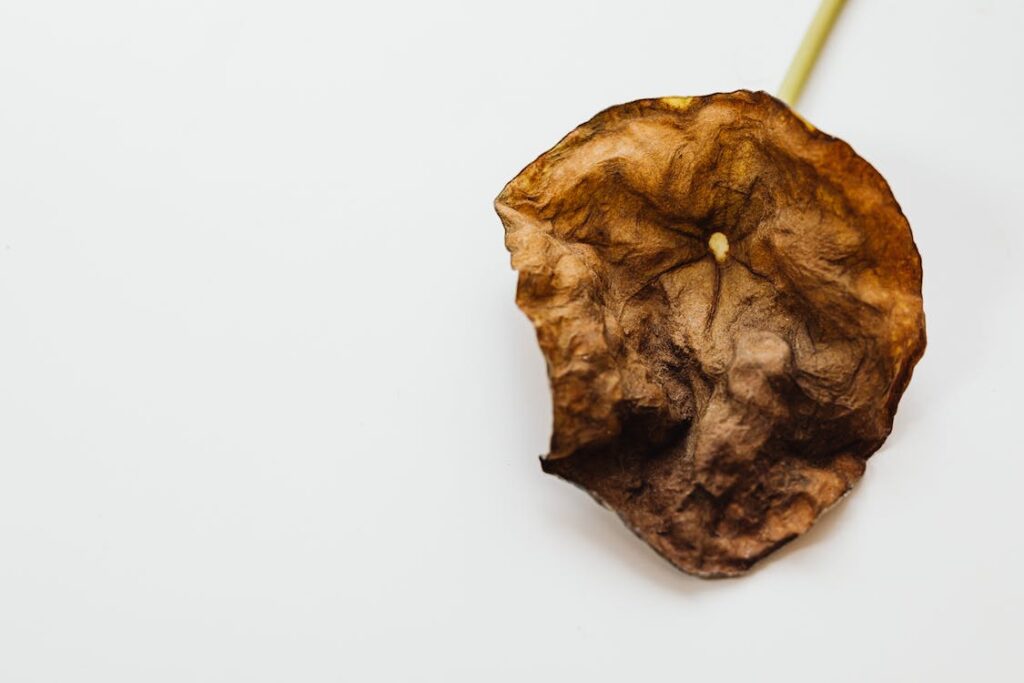
Once you’re rid of the infestation, you’ll want things to stay that way. And as previously suggested, preventing their return is a case of proper storage, good kitchen hygiene, and continued use of natural repellents to draw them out before they become a problem.
So, when story your groceries, keep these simple tips in mind:
- Store ripe fruit and vegetables in the fridge or a sealed container.
- Discard over-ripe and rotten fruit and veg promptly.
- Set up fruit fly traps to prevent females from laying their eggs.
Good hygiene is essential to prevent future fruit fly infestations:
- Keep all kitchen surfaces clean and dry
- Wipe up spills immediately
- Empty the bin regularly to eliminate the potential breeding ground!
- Clean out your bin with a good antibacterial solution regularly.
Natural fruit fly repellants

Essential oils and herbs are the secret weapons in the battle against the fruit fly.
- Plant strong-smelling herbs like mint, basil, or lavender in your garden or pots on your window sill. Fruit flies dislike the smell and will stay away.
- If you’re not the green-fingered type, add a little mint or lavender essential oil to your cleaning fluid or use it as an air freshener. This also deters fruit flies.
Have you discovered other pests in the garden? Check out our encyclopedic Help & Advice section for top tips and expert techniques to keep your home and garden safe from pests.
FAQs
Use a solution of water, sugar syrup, and dish soap to attract fruit flies. The detergent breaks the water’s surface tension, preventing the flies from escaping once they’ve made contact.
Fly tapes are ideal for effectively catching fruit flies. Odourless and free of harmful chemicals, they attract flies towards them with a sweet-smelling glue, which they stick to and die.
Mix either vinegar or sugar with washing-up liquid, then pour it into a Mason jar. Cover it with clingfilm, and add a few tiny holes. The sweet smell will attract the flies, and they will crawl inside the jar — but they won’t be able to get out.
More information?
I hope you’ve got all the information you need to get rid of fruit flies from your kitchen or garden. But if you have any questions, don’t hesitate to get in touch.
And I’ll reply as soon as possible.
Thanks for reading!
-
Orchids: A Complete Guide on How to Care for ThemWant to give your orchid the best possible care? Discover essential tips from placement to watering and pruning. Learn everything you need to know!Read more
-
Growing Wisteria Made Simple: From Planting to Perfect BloomsWith blossoms like a purple waterfall, Wisteria sets an almost magical and colourful mood. If you want to grow this beauty in your garden, you’ll need a bit of patience. Don’t worry, it will most definitely pay off.Read more
-
How to Build a DIY Greenhouse: A Practical Guide for Smart SpendersImagine extending your growing season throughout the year, nurturing tender plants regardless of the weather, and creating a personal garden sanctuary. This is precisely what a DIY greenhouse offers you. Let’s learn how to build one.Read more
-
How to Grow Eucalyptus in British GardensWith a little love and care, eucalyptus trees can thrive in English gardens. Since they don’t germinate well without proper help, there are not considered invasive. So, there is no reason not to plant them if you enjoy their looks.Read more
-
Transform Your Garden with All-Year-Round Flowering PlantsDid you know you can enjoy blooming flowers even in January? With the right selection of all year round plants, there’s no need to wait until spring to add some colour to your garden.Read more
-
How to Create a Butterfly Garden: A Simple Guide for British GardensThe UK's butterfly population includes 59 different species. These beautiful winged creatures face a steady decline because of habitat loss, pollution and changing weather patterns. Your garden can become a vital link between nature reserves and natural habitats. Let’s explore how.Read more
-
Volcanic Rock Dust for Your Garden—Application and TipsDid you know that volcanic rock dust is a brilliant organic soil improver? This article explains exactly what it's good for and how to use it properly.Read more
-
How to Use Landscape Fabric ProperlyIf weeds or erosion in your garden are troubling you, landscape fabric might be the solution. We’ll explain how and when to use it properly, just keep on reading.Read more
Leave a comment
Your answer will be displayed on the site and the interested party will be notified by email.
Leave a comment
Have a question or want to share your experience? Leave us a comment.
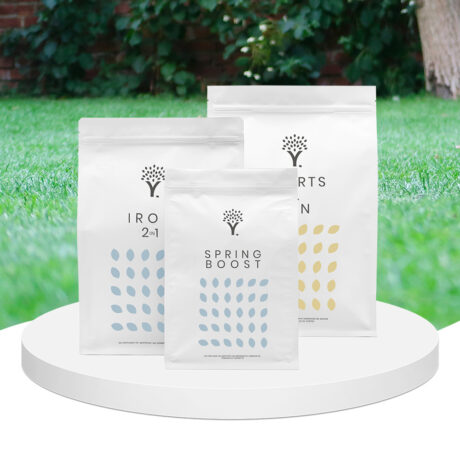
- Order by 2PM = shipped today
- 250.000+ satisfied customers!
- 60 day satisfaction guarantee
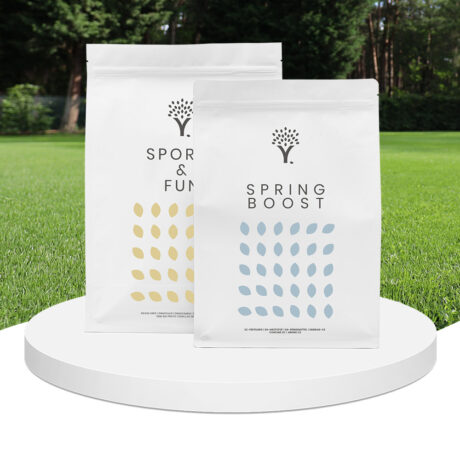
- Order by 2PM = shipped today
- 250.000+ satisfied customers!
- 60 day satisfaction guarantee

🌱 All important maintenance moments for your lawn during the year. Leave your email and we will send you the lawn calendar for free.
Enter your email
Receive the lawn calendar in the mail
Enjoy a green lawn all year round!


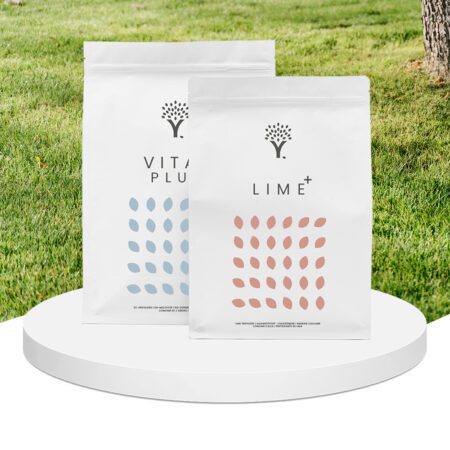








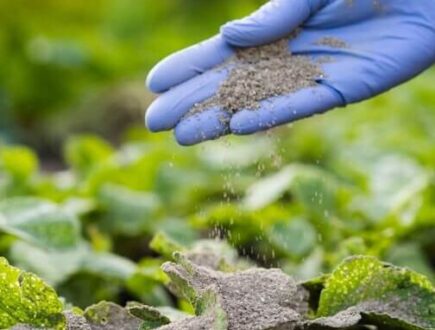

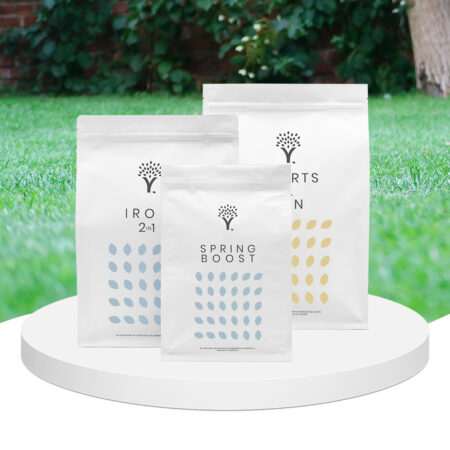
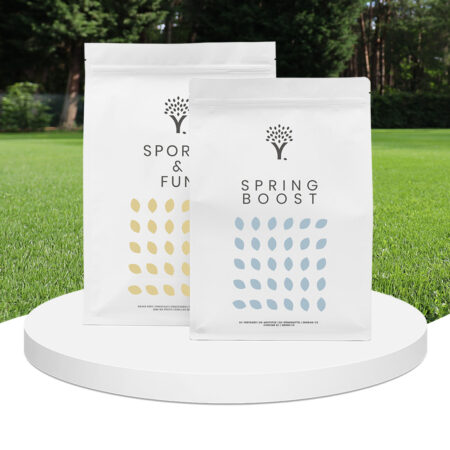
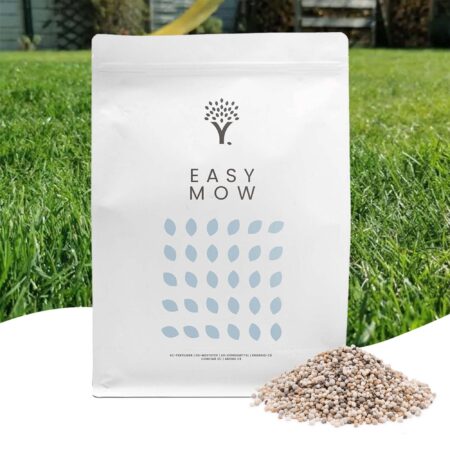
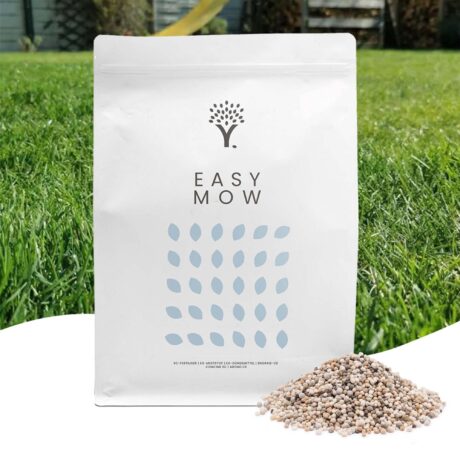

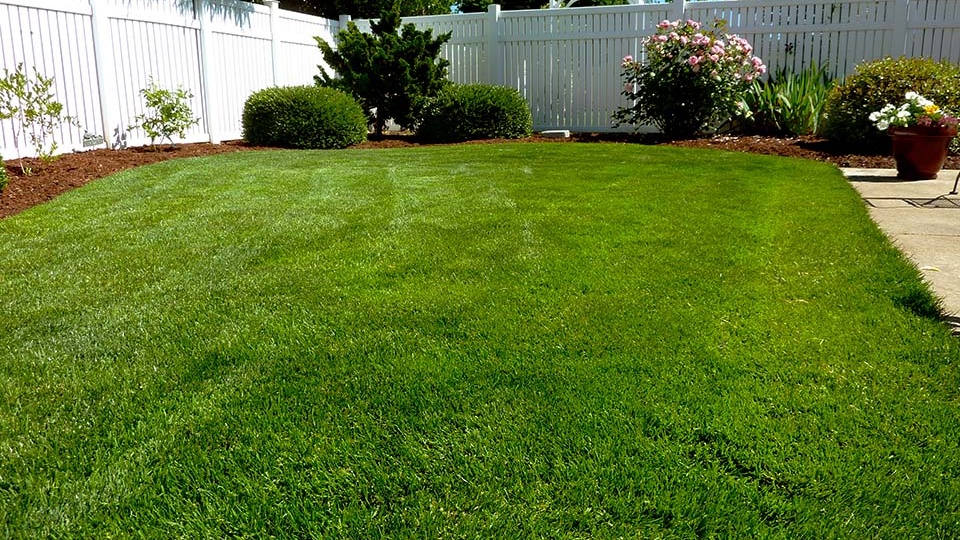



Comments (0)
There are no comments yet. Well then, what are you waiting for to
Be the first to write your comment!inaugurate this pretty page?
Do you have some comments?